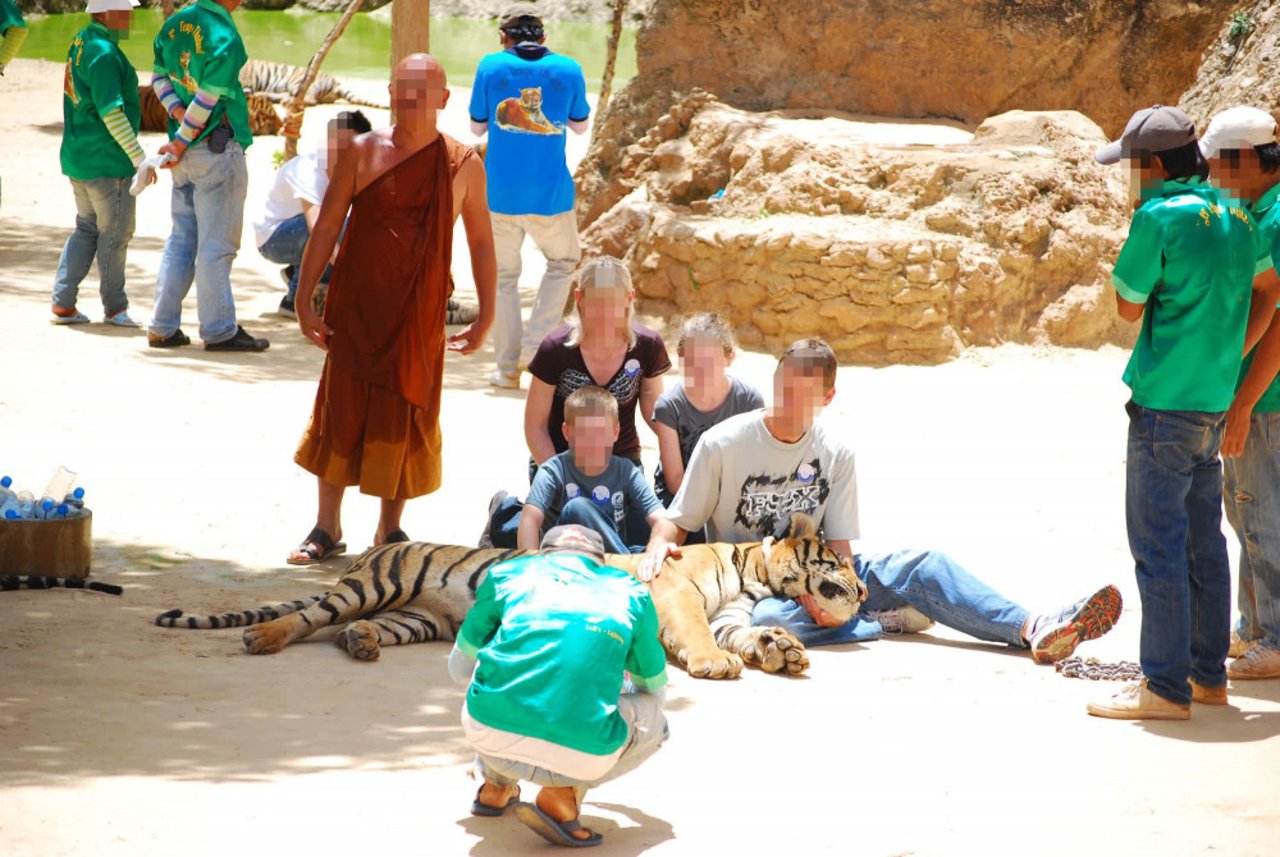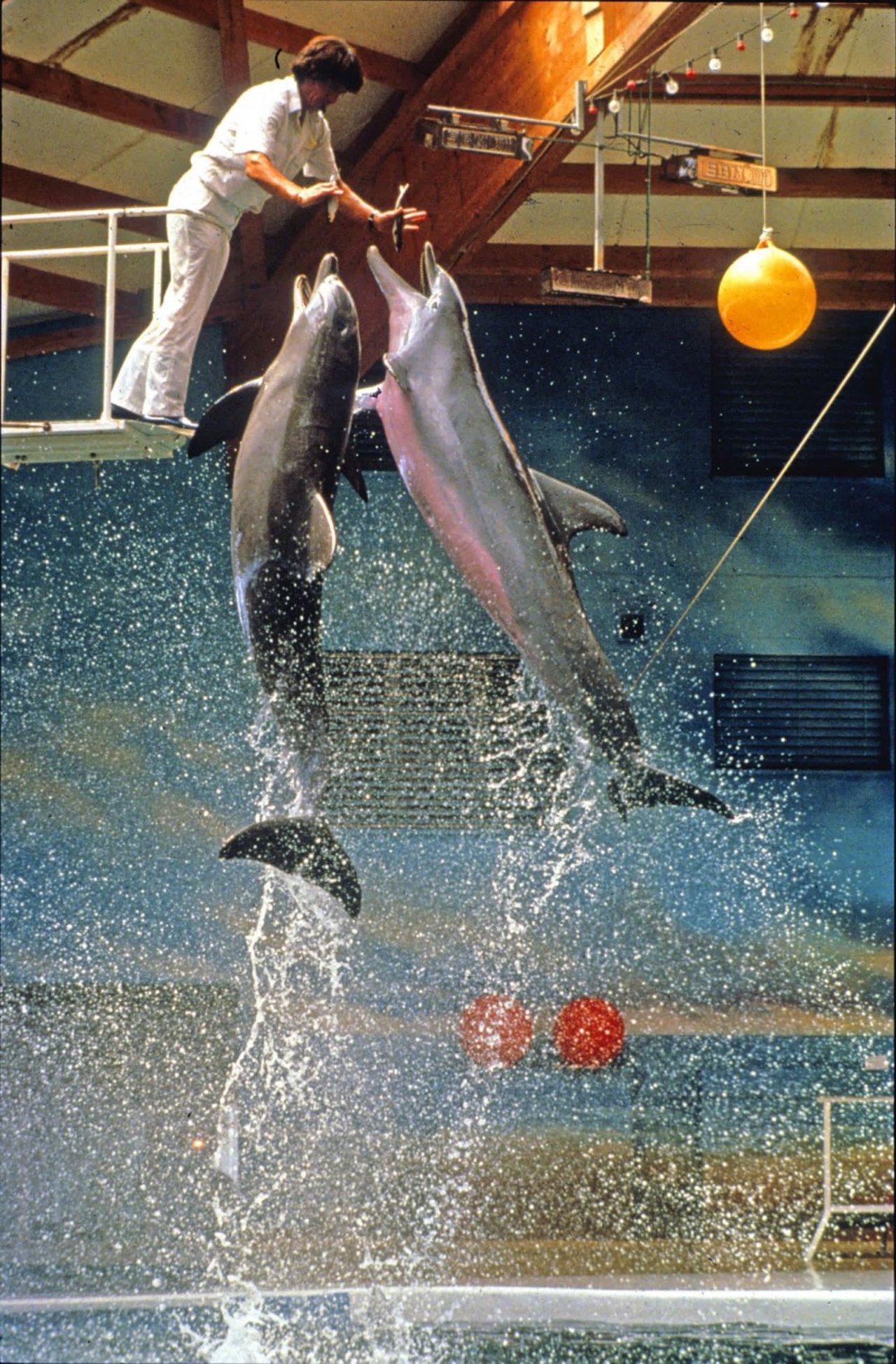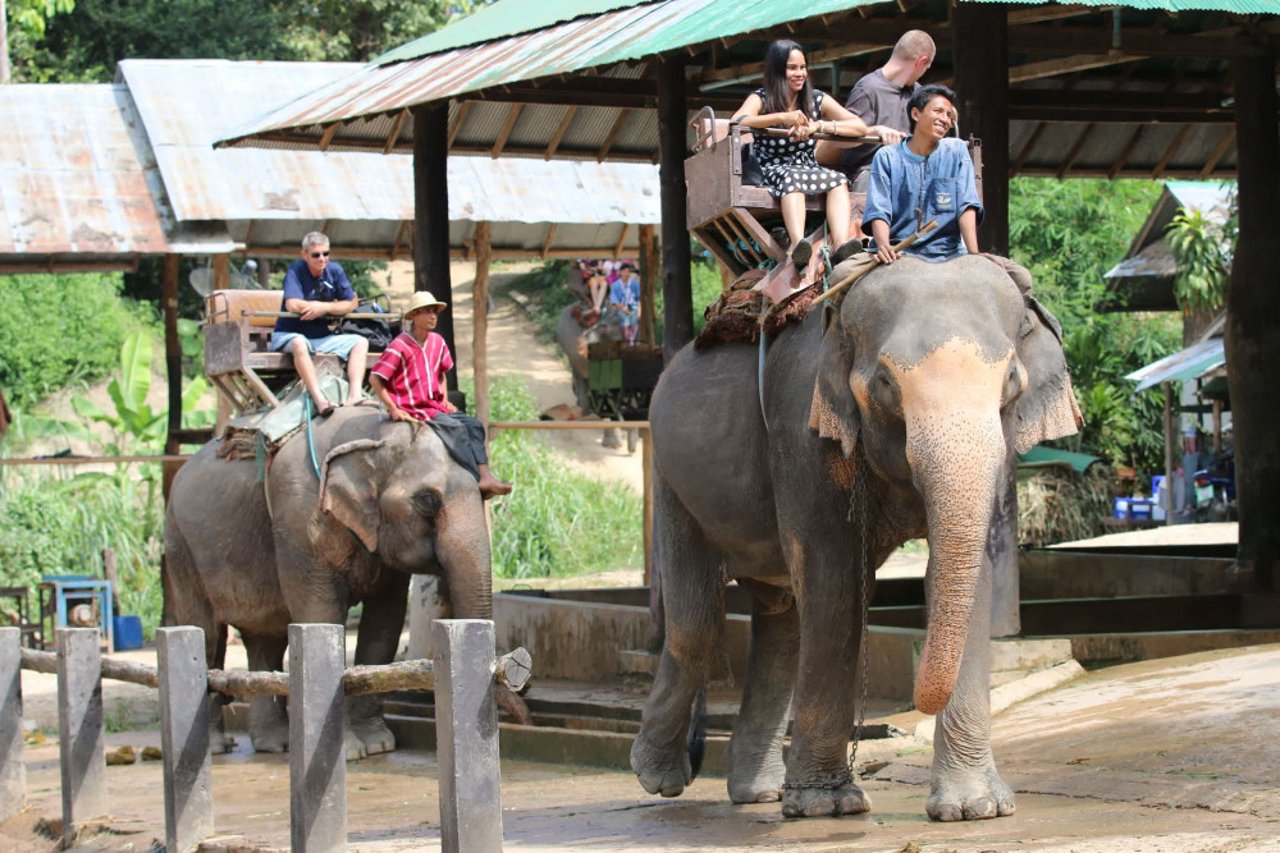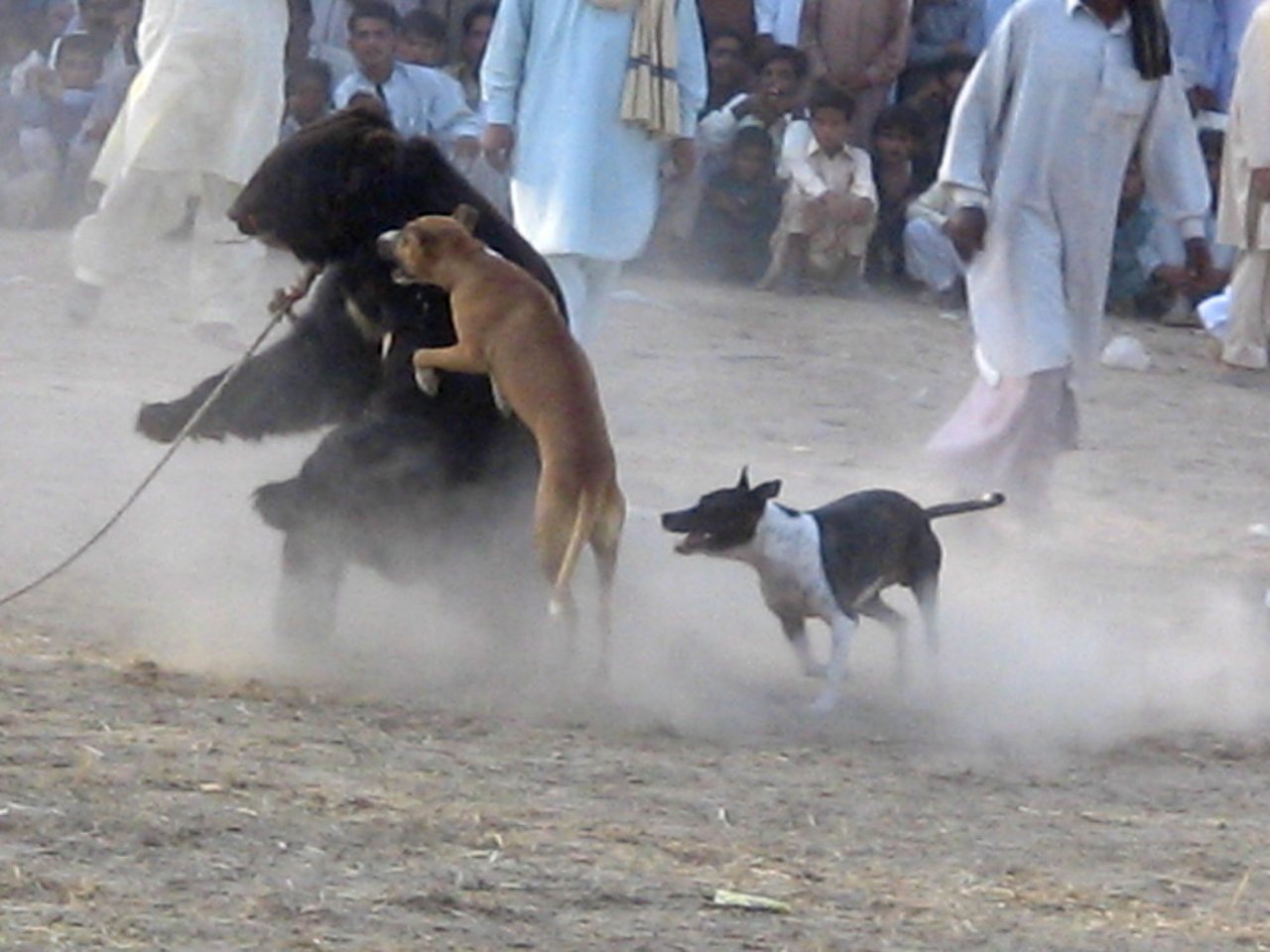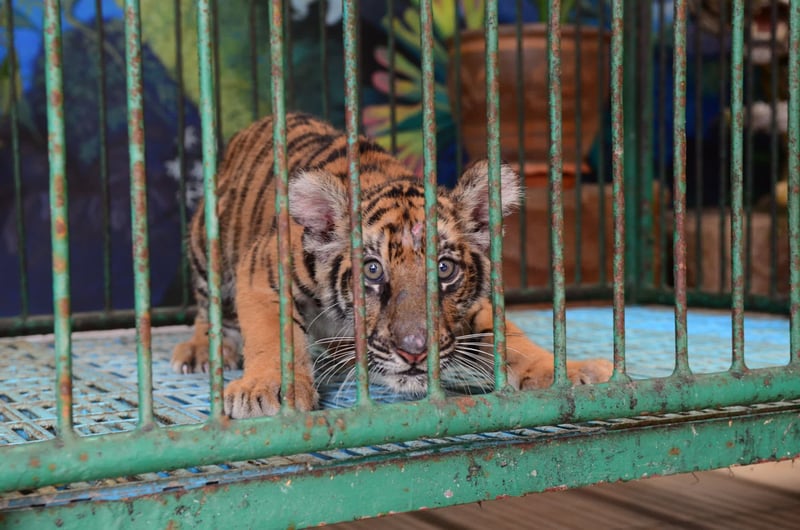
Five things to avoid on your next holiday
News
Wild animals are captured, taken from their natural habitats or bred in captivity, suffering a lifetime of cruelty and abuse. Some are beaten into submission, deprived of food and water or trapped in concrete cages – all for the tourist dollar.
We know the vast majority of travellers visit wildlife venues because they love animals. They do not want to contribute to cruel wildlife tourism. However, cruelty in these venues is not always easy to spot. Here’s a list of five things to avoid on your next holiday if you want to be an animal friendly traveller.
1. Never get a selfie with a wild animal. If you’re able to hold, touch, or kiss that animal, the chances are it has suffered. Wild animals are not domesticated. If you can ‘cuddle’ or sit beside a tiger, know that it has been abused and potentially drugged so you can have that experience.
2. Don’t support attractions that force wild animals to perform tricks and shows. Avoid watching dolphin shows, dancing bears, and performing monkeys. Wild animals are not entertainers.
3. Don’t get taken for a ride. Elephants are wild animals and before they will tolerate a human sitting on their back, they are put through a cruel and inhumane breaking in process known as ‘the crush.’ They are physically beaten and their spirit is broken. This process lasts between a few weeks to a few months but the physical and psychological trauma lasts a lifetime.
4. Avoid paying to see fights between animals. Walk away from bullfights, cockfights, crocodile wrestling, and bear baiting. Paying for these cruel performances increases demand and confines these animals to a lifetime of abuse and injury.
Image credit: BRC
5. Say no thanks to local dishes which are preceded by extreme animal cruelty, such as shark fin soup, bush meat, dog meat, frog legs, foie gras or tiger wine.
Now that you know what not to do on your next holiday, take a moment to sign our pledge and don't get taken for a ride.
Whether it is riding elephants, taking selfies with tigers, or performing dolphin shows, these activities can cause lifelong suffering for wild animals.
